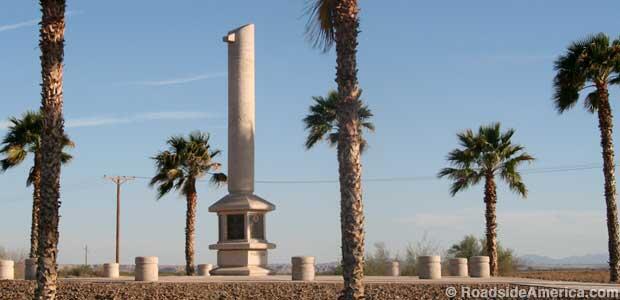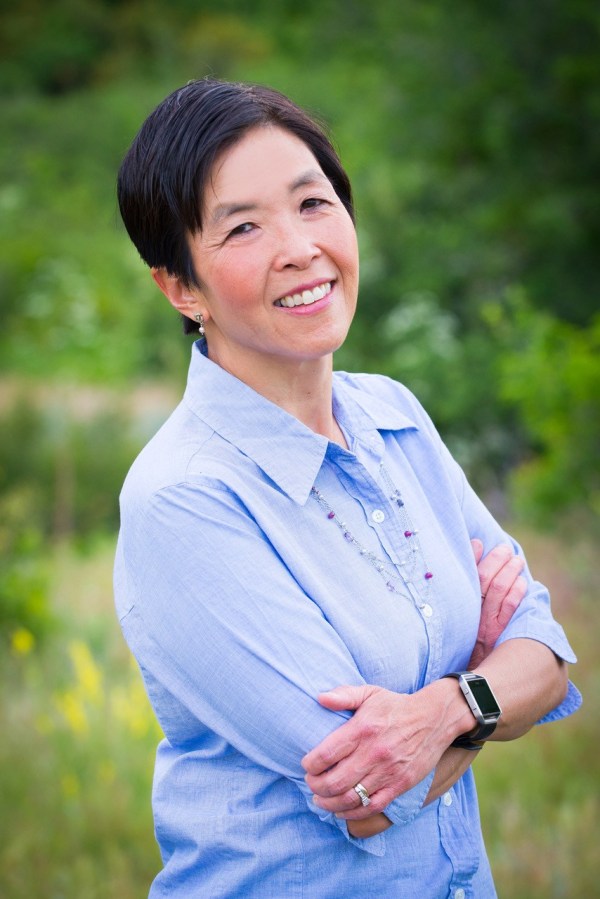I decided to take last week off, because I sometimes just need that break. Besides, like many others who are trying to deal with this pandemic, I haven’t traveled much and life has been kind of slow, even as the holidays are approaching. I’m also stepping away from something travel related and focusing on something more personal this week.
What is means to be "Sansei"
As I call myself The Sansei Traveler, the most common question I get about it is what does “Sansei” mean. The next is how it’s pronounced (it’s SAHN-say, if you’d like to know)
I’ve explained on my website’s About page that “Sansei” is a third-generation Japanese American, which is what I am. Both of my parents were American-born, but all four of my grandparents were originally from Japan. That makes me fully 100% Japanese. My sister took one of those DNA tests a few months ago, and it confirmed this fact.
Since my dad and his family was interned at Poston, Arizona, I'm sure that affected how he saw himself as American. He probably didn't want anyone to question how American his kids would be. So he never encouraged us to explore our Japanese heritage, learn or speak Japanese or even visit Japan. The only things I grew up with that indicated our ethnic background were food and artifacts, like the kokeshi dolls pictured above.
But as I write this, I often think how marginalized we Asian Americans and especially Japanese Americans can be. Certainly, there have been public figures and celebrities who share that heritage with me.

Do we now fit in?
When “Crazy Rich Asians” came out two years ago, I felt some degree of pride, because there were people who looked like me cast in a major motion picture. Never mind that most of the actors were Chinese American or British Asian. Representation is what mattered.
Hollywood gives throws this bone every so often to Asian and Asian American actors. I felt the same way during the 1990s, when “Come See the Paradise” and “The Joy Luck Club” were in the theaters. Since then, seeing more Asian actors is becoming more prevalent in movies or TV, besides the occasional superhero or martial arts master. Naturally, I’m hoping that we’ll see more mainstream depictions of Asian Americans as time goes on.
Asian absence from politics
What’s more disturbing is the constant neglect of Asian Americans is national political polling. Most news stores will report the breakdown of White, Black and Latinx voter polling, but very few mentions anything about Asians, as if we don’t really count. This article from Pew Research gives some explanation as to why this happens, but I just think they could improve their sampling.
Perhaps it’s because we’re a relatively small group compared to the others. Maybe it’s because we tend to vote more Democratic or progressive than Republican and conservative, or we vote like White people and we just get lumped in with them. But with the way things have gone in the past four years, and especially in the last year with COVID-19 wrongly attributed to Asian people, I am deeply worried about a racial backlash that may take years to overcome.
My own personal bright spot
Yet one thing gives me hope. I am fortunate that my daughters take great pride in being half-Asian, and especially Japanese American. I’ve talked about their strong pride in their heritage, but it’s worth repeating. They fully embrace that part of their lives in ways I never did. It’s being around them that has given me renewed pride in who I am, and may be they and others like them will make us belong to a better America.
